This site is being reviewed and updated as needed to comply with President Trump's executive orders.
Outcomes and Process Evaluations of Adult Protective Services
The Administration for Community Living funded two studies to examine both the adult protective services (APS) system and the impact APS programs make on clients’ lives. These two studies shed light on both the social services system that investigates adult maltreatment and the difference that system makes for older adults and adults with disabilities.
National APS Process Evaluation
The National Adult Protective Services Process Evaluation is based on research conducted by the APS Technical Assistance Resource Center (APS TARC). This evaluation was designed and implemented to describe the current landscape of APS program structure and operations across the United States. An APS Logic Model was developed and provided a framework for identifying potential evaluation research questions. The evaluation consisted of three components outlined below.

The National APS Process Evaluation is available in a Summary Report.
APS Client Outcomes Study
Completed by New Editions Consulting, Inc., the purpose of this APS Client Outcomes Study was to examine if and how APS programs make a difference in the lives of clients with regard to their satisfaction, safety/risk, and well-being. The study used a mixed-methods approach that included primary data collection (with APS clients, APS workers, and APS state and county leaders) and analysis of NAMRS data.

Study questions included:
- What changes do clients report as a result of receiving APS services?
- How satisfied are clients with the APS services they receive?
- To what extent do APS programs affect client risk of maltreatment?
- To what extent do APS programs affect client well-being (e.g., quality of life, financial, physical health, etc.)?
Last Modified: 05/31/2024

